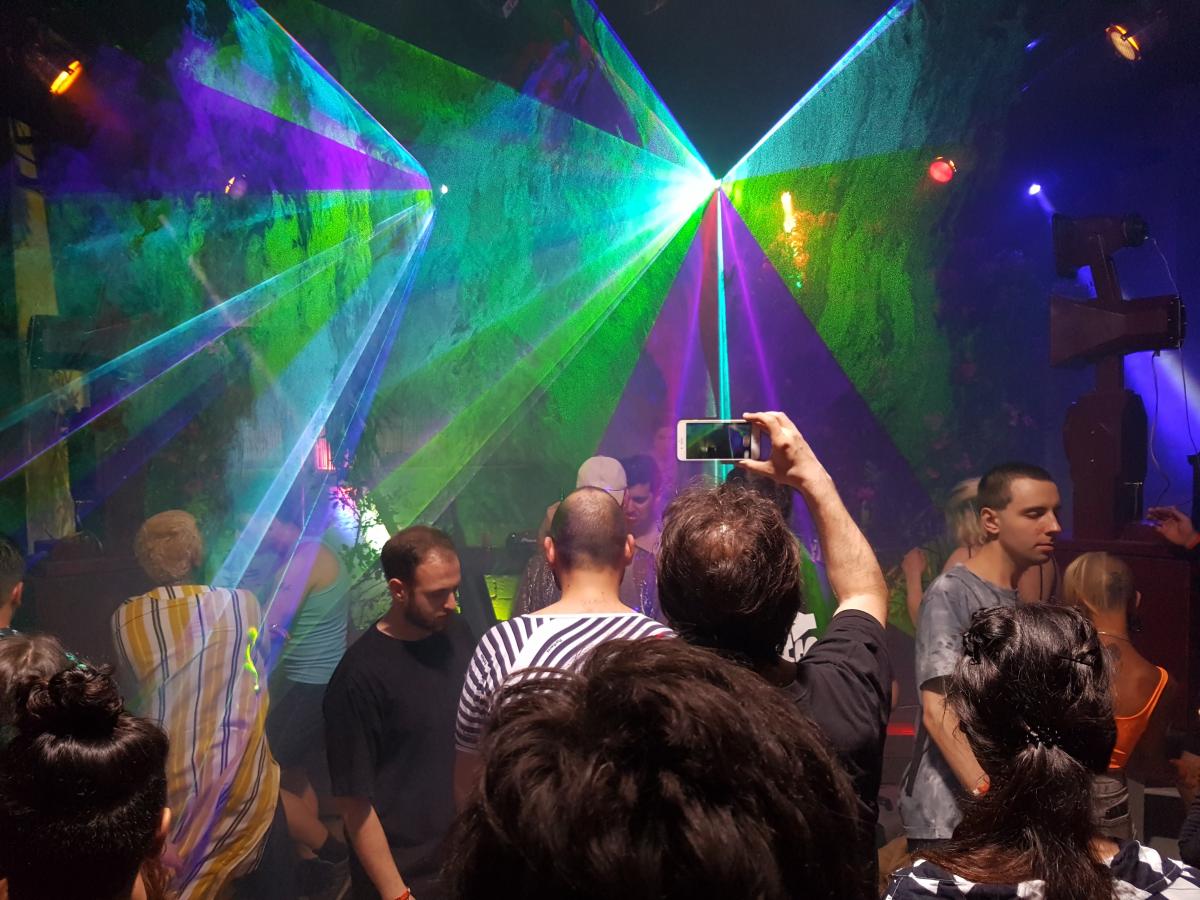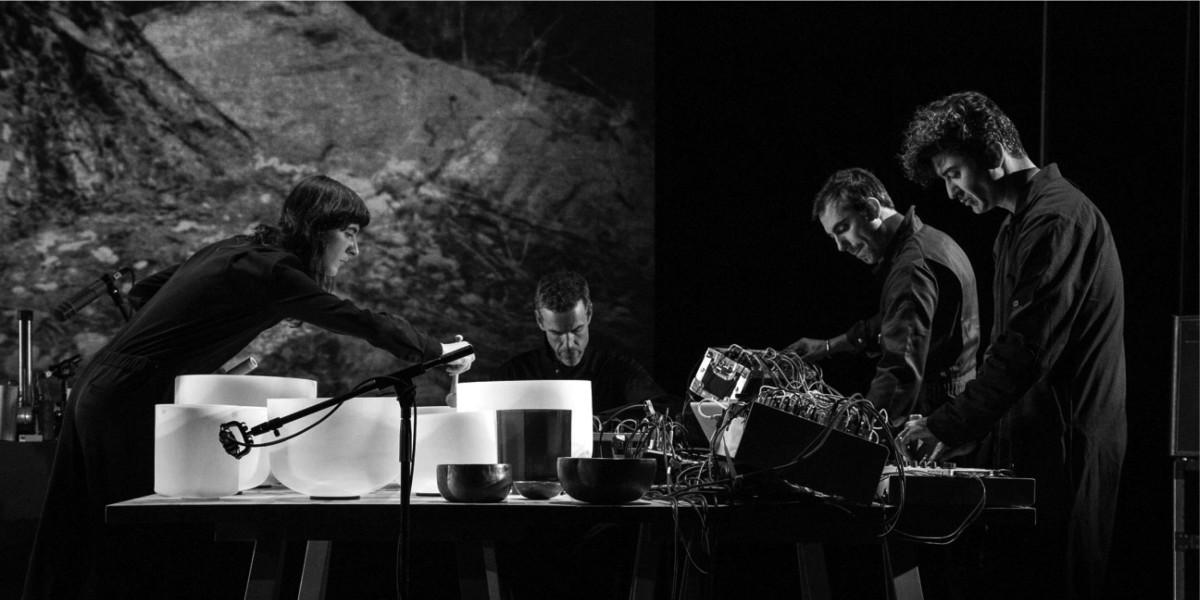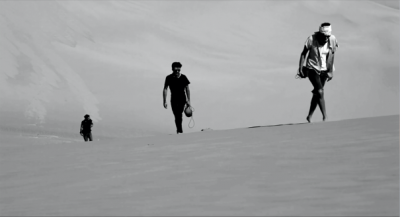The Nature Loves Courage Festival in Sougia, Greece was founded by the artist Abyss X. Through its foregrounding of female-identifying, queer and non-binary artists, as well as its commitment to a diversity of styles, the festival contributes to the development of what is known as post-club culture. What can this festival tell us about today's post-internet club scene?
Nature Loves Courage held its inaugural event in June at Sougia, a tiny village along the southwest coast of Crete. Founded by Greece-born and Brooklyn-based artist Abyss X, the festival took place over two consecutive nights in a small open air club, Fortuna, featuring drawcards like Juliana Huxtable and Ziúr, who are exemplary of deconstructed approaches to DJing. With a play anything attitude, both artists develop layered sound worlds with unique performing styles that revel in the loop and cue functions of Pioneer CDJs. During a gap left by the late arrival of «special guest» Sophie, Ziúr, Nkisi and Rabit played back-to-back.
One-upping each other across genres, they pushed the mix to the outer limits and the crowd to the brink of delirium. Could it be that a scene comprised of female-identifying and queer DJs tends towards an atmosphere of conviviality and experimentation? It is worth noting that Ziúr was one of this year's mentors for Amplify Berlin, a creative development program for emerging musicians.
Critical Hardcore
Post-club methodologies also extend into other critical practices. For example, the Italian artist Gabber Eleganza AKA Alberto Guerrini gained notoriety for his blog, an aesthetic-ethnographic study of post-rave culture. It developed offline as zines, exhibitions, a live DJ/dance performance and Eleganza’s own conceptual music. Guerrini’s recent book project «Hardcore Soul» (2019), made in collaboration with photographer Ewen Spencer, juxtaposes images taken at British Northern Soul weekenders with Happy Hardcore raves. Self-released in May as a limited edition of 500, it soon sold out.
By excavating, decontextualising and re-presenting hardcore, a clubmusic style that developed in the Netherlands, Guerrini forced a critical reappraisal of a scene which he claims until then was despised by much of contemporary culture. Arguably his inclusion in Nature Loves Courage is a mark of his influence, but one wonders if this is of interest to gabba adherents. For some, Eleganza has renewed the «radical potential» of hardcore. What exactly might this be?
Bridging Continents, Generations and Genres
While Sougia is a long way from Rotterdam, Fortuna proved to be no stranger to the kind of music-induced exuberance that Guerrini celebrates. Arguably, the festival’s most enthusiastic patron was a local man christened «Grandpa» by the club kids, who spent both nights jogging across the dancefloor, engaged in ecstatic splayed-limbed callisthenics.
As a youth movement, post-club’s culture of experimentation, inclusivity and enthusiasm is contagious, but is it accessible? At €65 for a two night pass, the festival was priced beyond the pockets of the usual Greek music enthusiasts, although it seemed to employ many locals.
Bridging continents, generations and genres, Nature Loves Courage was not explicitly about raving for a social good, but could be read as the Greek diaspora bringing youth culture and cultural capital to their homelands during an era of economic austerity and political turbulence. By instigating moments of pleasure, catharsis and community in times of crises, might post-club culture pose a revolution of the dancefloor?



